1-Bromo-2,3-epoxypropane
Synonym(s):1-Bromo-2,3-epoxypropane
- CAS NO.:3132-64-7
- Empirical Formula: C3H5BrO
- Molecular Weight: 136.98
- MDL number: MFCD00005130
- EINECS: 221-525-3
- SAFETY DATA SHEET (SDS)
- Update Date: 2025-09-25 17:15:13

What is 1-Bromo-2,3-epoxypropane?
Chemical properties
colourless liquid
The Uses of 1-Bromo-2,3-epoxypropane
Bromohydrin pyrophosphate enhances antibody-dependent cell-mediated cytotoxicity induced by therapeutic antibodies.
Definition
ChEBI: An epoxide that is oxirane substituted by a bromomethyl group at position 2.
General Description
A colorless volatile liquid. Flash point 22°F. Slightly soluble in water and denser than water. Toxic by inhalation and ingestion. A strong skin irritant. Used to make rubber.
Air & Water Reactions
Highly flammable. Slightly soluble in water. Sensitive to prolonged exposure to light and moisture.
Reactivity Profile
1-Bromo-2,3-epoxypropane reacts with acids, bases, oxidizing agents, Na, Zn, Al, Mg and their alloys. .
Health Hazard
TOXIC; may be fatal if inhaled, ingested or absorbed through skin. Inhalation or contact with some of these materials will irritate or burn skin and eyes. Fire will produce irritating, corrosive and/or toxic gases. Vapors may cause dizziness or suffocation. Runoff from fire control or dilution water may cause pollution.
Fire Hazard
HIGHLY FLAMMABLE: Will be easily ignited by heat, sparks or flames. Vapors may form explosive mixtures with air. Vapors may travel to source of ignition and flash back. Most vapors are heavier than air. They will spread along ground and collect in low or confined areas (sewers, basements, tanks). Vapor explosion and poison hazard indoors, outdoors or in sewers. Runoff to sewer may create fire or explosion hazard. Containers may explode when heated. Many liquids are lighter than water.
Safety Profile
Human mutation data reported. A dangerous fire hazard when exposed to heat or flame. When heated to decomposition it emits toxic fumes of Br-. See also BROMIDES.
Properties of 1-Bromo-2,3-epoxypropane
| Melting point: | −40 °C(lit.) |
| Boiling point: | 134-136 °C(lit.) |
| Density | 1.67 |
| refractive index | n |
| Flash point: | 133 °F |
| storage temp. | 2-8°C |
| solubility | Chloroform (Soluble), Methanol (Sparingly) |
| form | Oil |
| color | Colourless |
| Specific Gravity | 1.668 (20/4℃) |
| BRN | 79786 |
| Stability: | Stable. Incompatible with acids, bases, oxidizing agents, many of the more active metals. |
| CAS DataBase Reference | 3132-64-7(CAS DataBase Reference) |
| NIST Chemistry Reference | 1-Bromo-2,3-epoxypropane(3132-64-7) |
| EPA Substance Registry System | Epibromohydrin (3132-64-7) |
Safety information for 1-Bromo-2,3-epoxypropane
| Signal word | Warning |
| Pictogram(s) |
 Flame Flammables GHS02  Exclamation Mark Irritant GHS07  Health Hazard GHS08 |
| GHS Hazard Statements |
H226:Flammable liquids H302:Acute toxicity,oral H315:Skin corrosion/irritation H319:Serious eye damage/eye irritation H335:Specific target organ toxicity, single exposure;Respiratory tract irritation H351:Carcinogenicity |
| Precautionary Statement Codes |
P201:Obtain special instructions before use. P210:Keep away from heat/sparks/open flames/hot surfaces. — No smoking. P302+P352:IF ON SKIN: wash with plenty of soap and water. P305+P351+P338:IF IN EYES: Rinse cautiously with water for several minutes. Remove contact lenses, if present and easy to do. Continuerinsing. P308+P313:IF exposed or concerned: Get medical advice/attention. |
Computed Descriptors for 1-Bromo-2,3-epoxypropane
| InChIKey | GKIPXFAANLTWBM-UHFFFAOYSA-N |
1-Bromo-2,3-epoxypropane manufacturer
JSK Chemicals
New Products
Indole Methyl Resin tert-butyl 9-methoxy-3-azaspiro[5.5]undecane-3-carboxylate Boc-His(Boc)-OH 2-CTC Resin 4-Chloro-7-tosy1-7Hpyrrolo[2,3-d]pyrimidine 5,7-Dibromo-1H-indole 2,5-dichloro-N-hydroxy-4,6-dimethylpyridine-3-carboximidamide 2,2-Dimethoxy-7-azaspiro[3.5]nonane hydrochloride 4-chloromethyl-5-methyl-1,3-dioxol-2-one (DMDO-Cl) R-2-BENZYLOXY PROPIONIC ACID 1,1’-CARBONYLDIIMIDAZOLE 1,1’-CARBONYLDI (1,2-4 TRIAZOLE) N-METHYL INDAZOLE-3-CARBOXYLIC ACID 4-((2-hydroxyethyl)thio)benzoic acid 1-(TERT-BUTOXYCARBONYL)-2-PYRROLIDINONE Methyl 6-methylnicotinate 3-Pyridineacrylic acid tert-Butyl carbazate TETRAHYDRO-2H-PYRAN-3-OL 2-((4-morpholinophenylamino) (methylthio) methylene) malononitrile 3-(4-morpholinophenylamino)-5-amino-1H-pyrazole-4-carbonitrile 2,4-dihydroxybenzaldehyde 1,3-Diethyl-1,3-Diphenylurea Methyl 2-methylquinoline-6-carboxylateRelated products of tetrahydrofuran







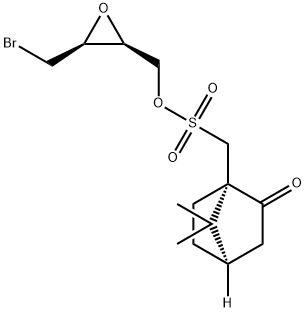
You may like
-
 3132-64-7 Epibromohydrin, 98% 99%View Details
3132-64-7 Epibromohydrin, 98% 99%View Details
3132-64-7 -
 Epibromohydrin CAS 3132-64-7View Details
Epibromohydrin CAS 3132-64-7View Details
3132-64-7 -
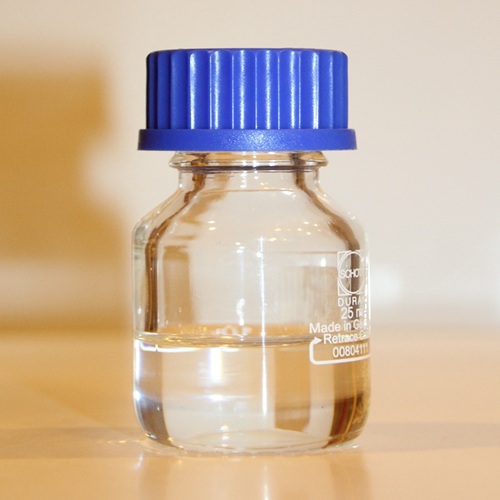 Pyridine 99.5% HPLC /UV SpectroscopyView Details
Pyridine 99.5% HPLC /UV SpectroscopyView Details
110-86-1 -
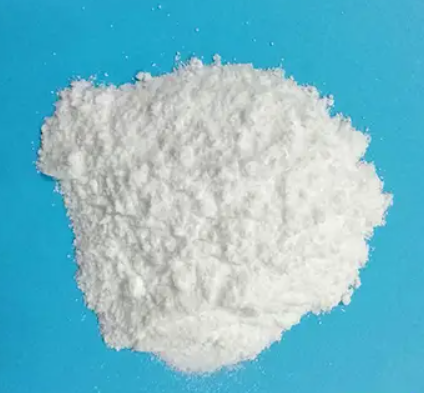 Piperazine Spot supply, best priceView Details
Piperazine Spot supply, best priceView Details
110-85-0 -
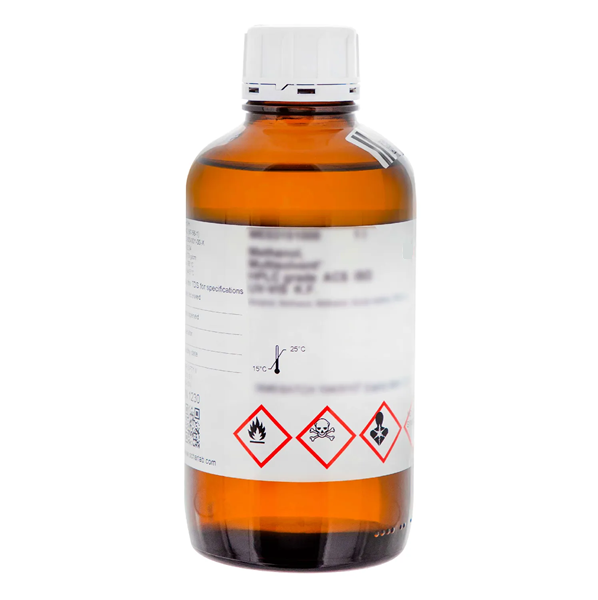 Dibutyl PhthalateView Details
Dibutyl PhthalateView Details
84-74-2 -
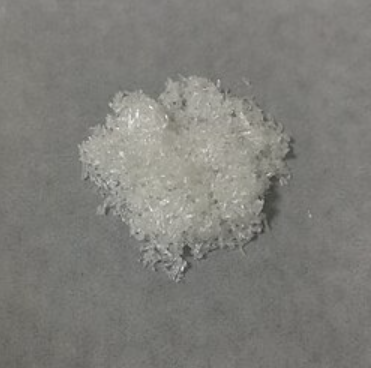 Imidazole Spot supply, competitive priceView Details
Imidazole Spot supply, competitive priceView Details
288-32-4 -
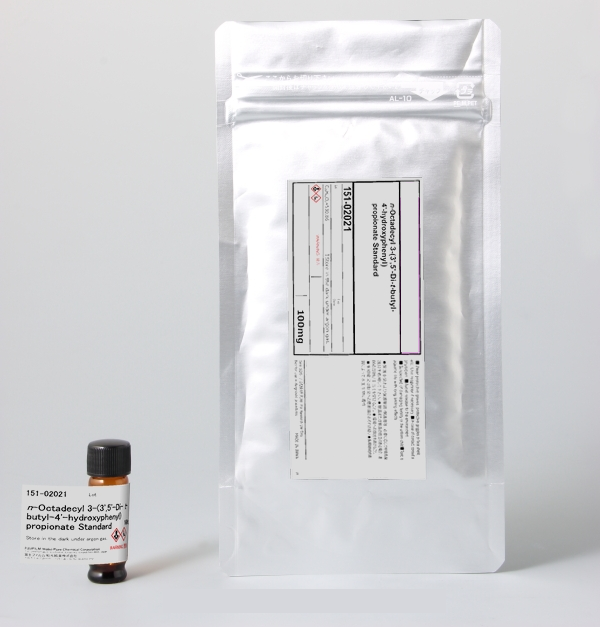 Octadecyl 3-(3,5-di-tert-butyl-4-hydroxyphenyl)propionate 98% (GC)View Details
Octadecyl 3-(3,5-di-tert-butyl-4-hydroxyphenyl)propionate 98% (GC)View Details
2082-79-3 -
 Thiourea 99% ARView Details
Thiourea 99% ARView Details
62-56-6
